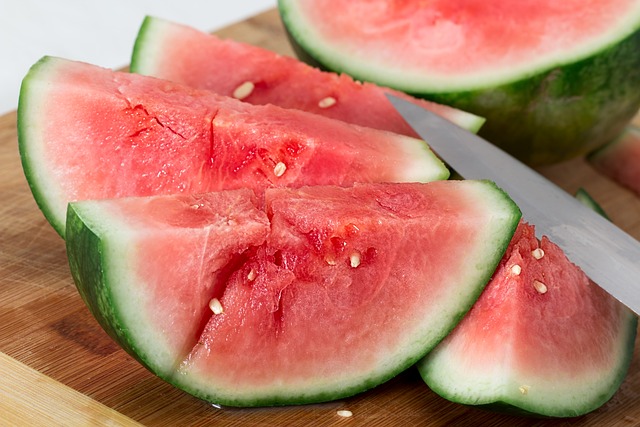Probiotics are live microorganisms that have been gaining popularity in the field of nutrition and wellness. Commonly known as “good bacteria,” these microorganisms can offer various health benefits, particularly in boosting the immune system.
What are Probiotics?
Probiotics come in different strains of live bacteria and yeasts that naturally reside in the body or are acquired from certain foods and supplements. They particularly reside in the digestive tract, helping in breaking down food, regulating bowel movements, and fighting bad bacteria.
The two most common strains of probiotics are Lactobacillus and Bifidobacterium. Lactobacillus is typically found in the small intestine and vagina and includes various species, such as L. acidophilus and L. casei.
On the other hand, Bifidobacterium is predominantly located in the colon and is believed to promote healthy bowel movements. The commonly used species of Bifidobacterium is B. lactis.
How Do Probiotics Boost Immunity?
The gut holds around 70% of the immune system cells, and thus, the presence of good bacteria in the digestive tract helps build up the immunity system. Probiotics boost immunity primarily by:
- Protecting against harmful bacteria: Probiotics thrive in the gut and help ward off disease-causing bacteria, such as Salmonella and E. coli. By tolerating good bacteria in the digestive system, the body has a lesser chance of experiencing bacterial infections.
- Stimulating immune response: Probiotics act as immunomodulators, modulating the immune system’s function via different mechanisms. By activating immune cells, they create a stronger response to infections and diseases.
The immune-boosting effects of probiotics are further supported by scientific studies. According to a study published in the Journal of Clinical Gastroenterology, consuming 200g of a yogurt containing Lactobacillus acidophilus and Bifidobacterium lactis for two weeks helped boost participants’ immune responses as measured by the number of T cells, regulatory T cells, and natural killer (NK) cells.
Benefits of Probiotics
Aside from boosting immunity, consuming probiotics regularly provides numerous health benefits, including:
- Reducing digestive issues, such as bloating, constipation, and irritable bowel syndrome
- Boosting weight loss and reducing belly fat
- Reducing inflammation and improving skin health
- Lowering blood sugar levels and reducing the risk of type 2 diabetes
- Boosting brain function and reducing anxiety and depression symptoms
Food Sources of Probiotics
Probiotics are present in a range of foods, including:
- Yogurt: Look out for yogurt containing live and active cultures of Lactobacillus acidophilus and/or Bifidobacterium lactis. Greek yogurt, kefir, and skyr are other sources of probiotics.
- Kombucha: A gut-friendly fermented drink made from tea, sugar, and bacteria and yeast cultures.
- Miso: A fermented paste commonly used in Japanese cooking made from soybeans, rice, or other grains.
- Kefir: A fermented milk drink that contains live cultures of yeast and bacteria. Kefir is an excellent source of probiotics and has lower lactose levels than milk, making it suitable for lactose intolerance individuals.
- Kimchi: A spicy fermented Korean dish made from cabbage, vegetables, and spices.
- Sauerkraut: A fermented cabbage dish commonly found in German cuisine.
Probiotic Supplements
If you are having difficulty consuming probiotics through food alone, probiotic supplements are an excellent alternative. There is a range of probiotic supplements available in the market, including capsules, gummies, and powders. These supplements have different probiotic strains and concentrations, so it is essential to choose a supplement based on your specific health needs and goals.
When choosing a probiotic supplement, look for the following:







